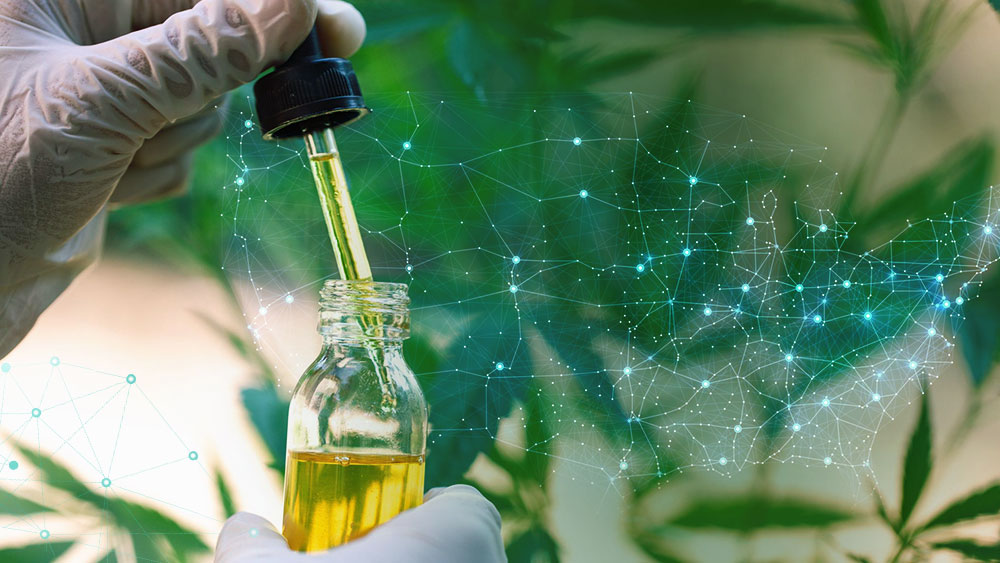If you’re confused about where CBD actually sits in this whirlpool I call the US cannabis market, then welcome to the club. We’ll call it the “I don’t understand CBD regulations” club.
And the first rule of the “I don’t understand CBD regulations” club is to not talk about what the market actually needs.
Jokes aside, I think you’ll agree with me when I say that we’ve all spent a good chunk of the last two years sifting through piles of both real and fake news regarding all varieties of cannabis and its satellite products.
The first big truth behind this article is that you can’t question the importance of cannabis in any way—I know many people who found great relief with a bunch of different cannabis products including dried flowers, concentrates and CBD oils/tinctures.
For a lot of people, the stuff just works and this forms the basis of the global CBD market, contrary to those who think that CBD is just 100% snake oil.
A year ago, I wrote a huge article about the biochemistry of CBD, with the help of an ex-Harvard professor and one of the leading global authorities on cannabinoids, Martin A. Lee.
In it, Martin shared how many studies actually found CBD to be beneficial but he also shared a study that pointed to the fact that 70% of the products on the market are falsely labeled.
The second big truth behind this article is that I don’t necessarily agree with that percentage anymore (even if I did a year ago). Actually, I think that humanity has gotten worse at lying to people in the last year or so, simply because this market talks.
President Trump just recently signed a bill that legalizes hemp in the US. Hemp is a subspecies of cannabis that contains little-to-no THC and is usually used for industrial use.
As of lately, hemp is also being used for making CBD oil that people are now putting into every product imaginable. You have CBD water, CBD capsules, CBD dog treats—you name it, they have it with CBD in it.
Currently, hemp is legal to grow in the US, however the product that is extracted from it (CBD) is still classified as illegal by the DEA.
As of right now, they do not officially pursue CBD businesses but there’s still no news on whether they will change CBD’s legal status now that they’ve legalized hemp. The only thing we have is this statement from Scott Gottlieb, internet’s favourite FDA commissioner.
“Selling unapproved products with unsubstantiated therapeutic claims is not only a violation of the law, but also can put patients at risk, as these products have not been proven to be safe or effective. At the same time, we recognize the potential opportunities that cannabis or cannabis-derived compounds could offer and acknowledge the significant interest in these possibilities. We’re committed to pursuing an efficient regulatory framework for allowing product developers that meet the requirements under our authorities to lawfully market these types of products.”
So, what do we have to do to speed up this situation? Besides lobbying of course.
Before CBD can become accepted by the FDA and the DEA, we first (as a community) have to start addressing the manufacturers who are falsely labeling their products. We need to “weed” out people who are actually putting synthetic cannabinoids in CBD and put them in jail. Even though they are in minority, they are still out there.
Next, we have to establish a regulatory framework similar to what Health Canada did with requiring LPs to have their products tested by a third party lab. Independent lab testing of CBD products should be mandatory even now. We, as consumers, can influence this by not accepting to purchase CBD from manufacturers that can’t supply a lab test of their product, at least on demand.
Last, but not the least, we need to discuss CBD and we need to discuss CBD producers. We need to talk to companies and we need to analyze them for our readers.
And we must not (MUST NOT) allow Kim Kardashian to enter the CBD market, however lucrative that may seem to some.




